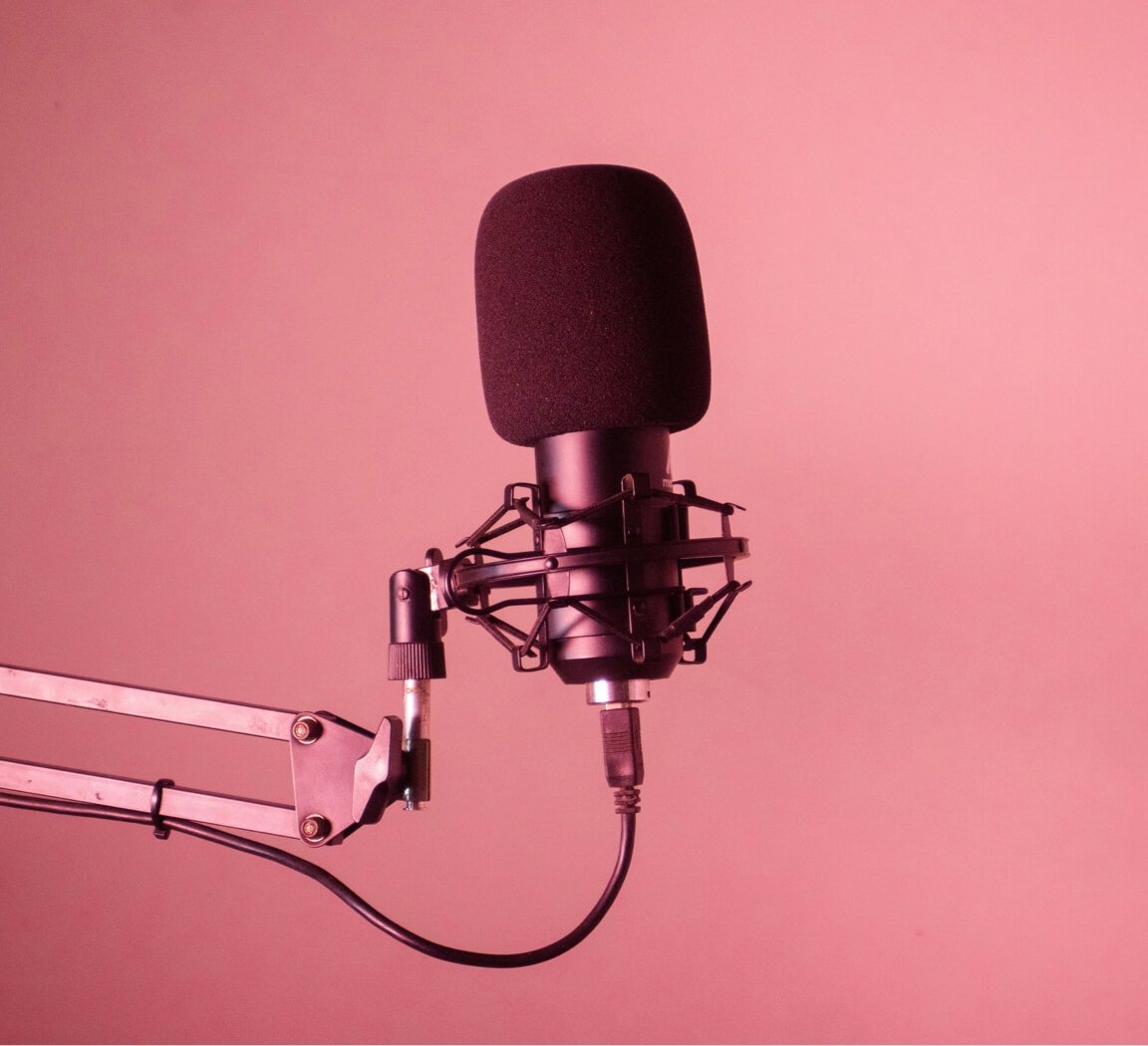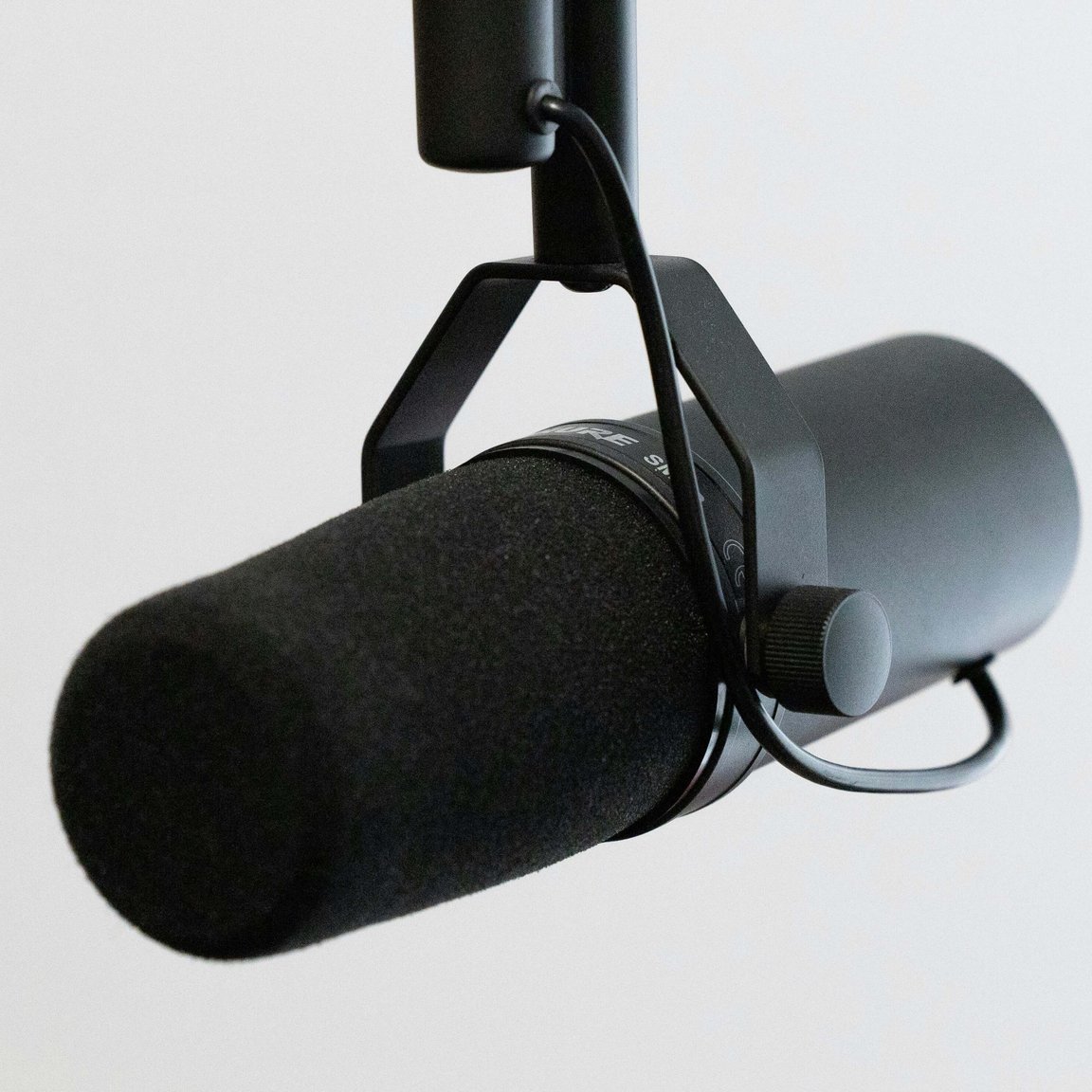Before someone becomes a listener to your podcast, they ask themselves “What’s in it for me?” If you can answer that question, you’ll have a far greater chance of success. If your answer is something like “they’ll enjoy my company”, “I share insights”, or “we have interesting conversations”, read on.
The Listener Story has three key components: the “who”, the “what”, and the “why”. Starting with the “who” means defining the target audience in a way that resonates with them. From there, the “what” sums up the content of the show in as few words as possible. Finally, the “why” digs deeper and asks why the listener would benefit from listening to the show.
The Listener Story isn’t just a marketing tool, it’s a way to galvanise your team and attract the right guests and collaborators. With a clear Listener Story, everyone involved in the podcast knows exactly what the show is about and why it matters. The Listener Story can also evolve over time as the show grows and you meet new listeners.
To create your own Listener Story, follow these steps:
- Pick your “who” by starting with the phrase “[blanks] who [blank] and [blank]”.
- Distill that down into as few words as possible.
- Get super clear on what you’re going to cover in your podcast.
- Ask how your listener will benefit after they’ve heard your episode. Then ask “why” until you get to the spine-tingling moment when you think “Yes. That’s it”.
- Write it all down in a sentence that takes the form “I’m making a podcast about [my subject matter], for [my audience], so they can [benefit]”.
The Listener Story is a powerful tool that can help your podcast stand out in a crowded field. By defining your target audience, your content, and your benefits, you can create a clear, concise sentence that resonates with potential listeners.
Things to remember
- Be specific and use words that make sense without too much thought when defining your “what”.
- Ask how your listener will have benefited after they’ve heard your episode, and then ask “why” around five times to uncover the why behind the why.
- Sharpen, distill, and make your Listener Story more focused as you gain a deeper understanding of who your show is helping and how.
Things to avoid
- Using jargon that your audience won’t identify with when writing your “who”.
- Using words that require context or a dictionary to figure out what they mean when defining your “what”.
- Focuing solely on demographics when defining your “who”. Instead, focus on the psychographics - the thinking and feeling - of your audience.



